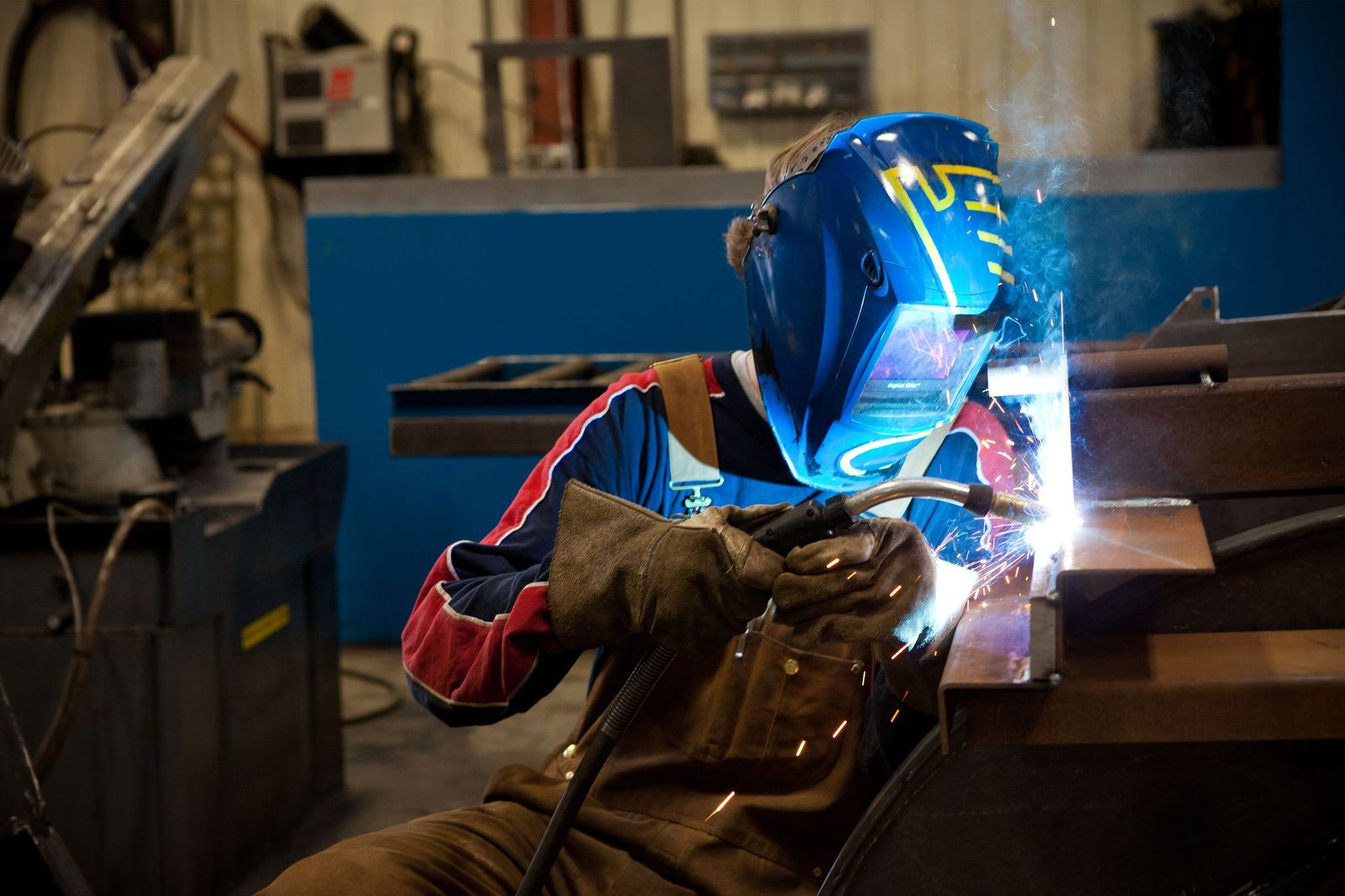In 2018, RBC projected that over 25% of Canadian jobs will be heavily disrupted in the decade ahead, with more than half requiring “a significant overhaul of the skills required.”
Early in 2020, New Brunswickers were asked if they were concerned about factors such as technology and a shifting workforce eliminating some jobs and creating new and different jobs. Although most (64%) were concerned about the current or future job market in New Brunswick (NB), the majority of all respondents felt their own jobs would not be affected or were not at risk.
Fast forward a few months to May 2020 when over 50,000 New Brunswickers found themselves suddenly unemployed due in large part to the government shutdown in response to the pandemic. We could predict disruption, but not the force or the timing. Nevertheless, we find ourselves in a world radically changed from what we knew a year ago, facing an unpredictable future, and identifying increasing inequities and disparities across age demographics, regions, genders, economic status, racial lines, and more – the list goes on.
Traditional approaches to health care, education, accessing goods and services, enjoying entertainment, doing business, socializing, and caring for loved ones have been disrupted. Going back to what was is not an option – many of the disparities existed prior to the pandemic and have been exacerbated by the swing of the pendulum in a completely new direction. The answer to our recovery and resilience will not be found in a return to the old ways, but in imagining, planning and ensuring a more inclusive and equitable future for all.
NBCC will continue to provide conventional one- and two-year career training programs to thousands of New Brunswickers each year. However, with the lowest post-secondary education attainment in the country and well over half of NB employers stating that they are having difficulty filling vacancies, we must do more to serve the immediate needs of our people and our businesses if we want to flourish.
As we implement new approaches, we must also consider how we level the playing field and ensure greater access to post-secondary education for all New Brunswickers. Our plan must include developing faster, more focused, and more flexible training opportunities to reach the thousands of New Brunswickers who aren’t served by the current model, but accelerating skills development through short-term programming is only one piece of the puzzle.
The ability to recognize prior learning and experience is also required. Individuals need the opportunity to enter a training program where it makes the most sense. This model includes multiple entry and exit points for learners, where the training they receive recognizes their knowledge base and builds on it, as opposed to a one-size-fits-all model where everyone begins and ends in the same place at the same time, regardless of skills and experience. Post-secondary, and the education system in general, can learn from other service sectors where personalization can be scaled, increasing relevancy and results.
Periods of profound change require new ways of thinking and new actions. The disruptions caused by the past 12 months don’t merit abandoning what was working well. Instead, we need to build on our strong foundation while adding, adjusting, and innovating where necessary to get the best results for learners and our communities. With the world changing so quickly around us, we need to respond in kind.
